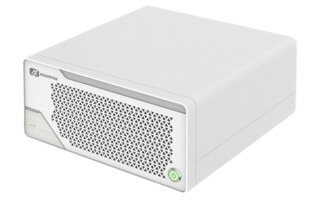AT&T and Kigen bring SIM flexibility to cellular IoT devices
August 11, 2021
News

AT&T and Kigen are working together to help customers streamline their supply chains and reduce the time to market for enterprises who want to leverage SIM, embedded SIM (eSIM), and integrated SIM (iSIM) secured connectivity deep in their IoT devices.
Kigen’s SIM OS, data generation, and key management services allow AT&T to offer a broad selection for integrated SIM solutions. Manufacturers experience flexibility when sourcing their AT&T SIM at the stage of the device manufacturing process that best suits the customer — at the point of contract manufacturing, module supply, or at the chipset level by leveraging an integrated SIM and merging both chip and SIM into a single component.
Kigen’s services enable access to AT&T’s network across LTE, LTE-M, and NB-IoT technologies. Simple integration makes it easier for new entrants and established players alike to adopt cellular IoT in their devices while ensuring 5G readiness for the future.
Reducing complexity and accelerating time to market attracts customers that are beginning a cellular IoT transition or those who are accelerating the adoption of secure connected goods and bringing them to market sooner as a result of streamlining the chipset and SIM evaluation process.
Prior to this, device manufacturers purchased multiple SIM SKUs for each end-customer or market, which has complicated global product rollouts. Access to a new cache of SIMs that are compatible with cellular chipsets and secure IC vendors offers flexibility that results in supply chain optimization.
“Scale is both cellular IoT’s most significant opportunity and hurdle. Removing the complications of placing security at the heart of IoT devices so that businesses can focus on accelerating their products is key,” said Vincent Korstanje, CEO of Kigen.
For more information, visit Kigen.





